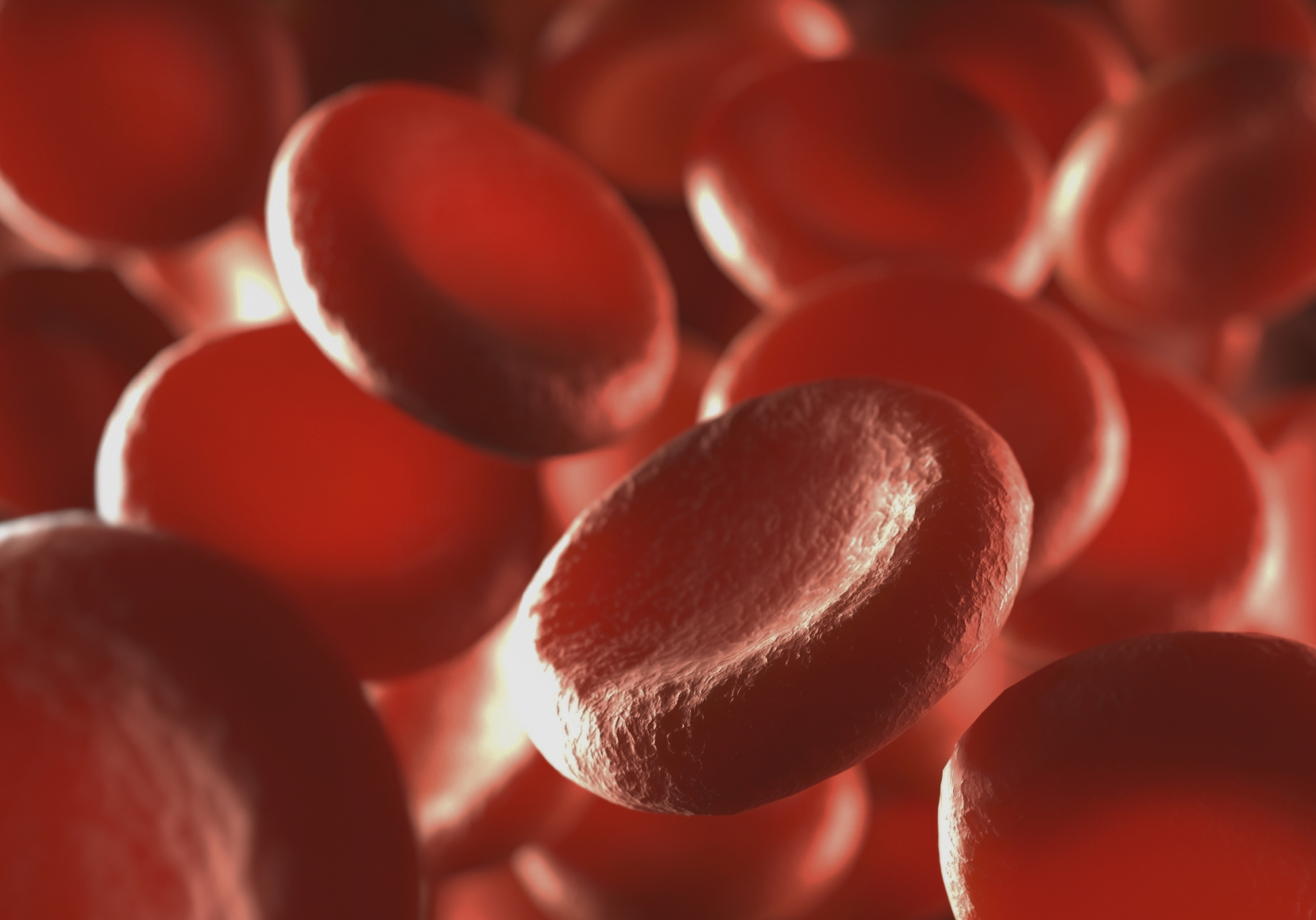Insulet has a challenger for Medtronic on the Horizon

The rate of innovation in devices for type 1 diabetes patients has accelerated rapidly in recent years, with digital technology and medical devices converging to offer new control.
Most recently, market leader Medtronic launched its MiniMed 670G - the first 'hybrid closed loop' device to be approved in the US.
This partially automates the monitoring of blood glucose levels and insulin delivery via a pump - not quite an 'artificial pancreas' - but a significant step towards one.
One challenger to Medtronic is Insulet. It already markets its Omnipod, the world's first tubeless insulin management system, but has now released data for its own hybrid closed loop system.
Called the Omnipod Horizon, the system could rival the MiniMed 670G, and offer the added convenience of a tubeless system.
The device is an all-in-one pump and injector that sits on the skin. The company says this prevent any wastage of insulin, tangling and snagging of tubing, and overall greater convenience for patients.
Users control the pod using a wireless programming unit. This lets users monitor blood glucose levels and administer extra 'bolus' insulin doses at mealtimes.
Pushing a button on the unit inserts a thin cannula under the skin which delivers insulin according to the user's blood sugar levels.
The company presented results from the Horizon's use in children at the ADA congress in San Diego.
This study investigated components of the Omnipod Horizon, including a model predictive control (MPC) algorithm, which continuously measures blood glucose levels and delivers appropriate insulin doses in response.
'Unique challenges'
Data from the feasibility study showed the Omnipod's effectiveness in both paediatric and adolescent populations.
Over 36 hours, 58 type-1 diabetes patients - including a group of 24 children or adolescents - used a modified version of the Omnipod using the algorithm with a Dexcom continuous glucose sensor.
Overall, young users spent over 70% of daytime and 85% or greater of nighttime within their target blood glucose range.
Both aspects are particularly important in young type-1 diabetes patients who can be highly sensitive to insulin or insulin resistant.
This new data backs up results from an earlier study testing the MPC algorithm in type 1 diabetes adults. In that study, the algorithm was safe and effective at reducing nighttime hypoglycaemia (low blood sugar levels) and glucose fasting.










